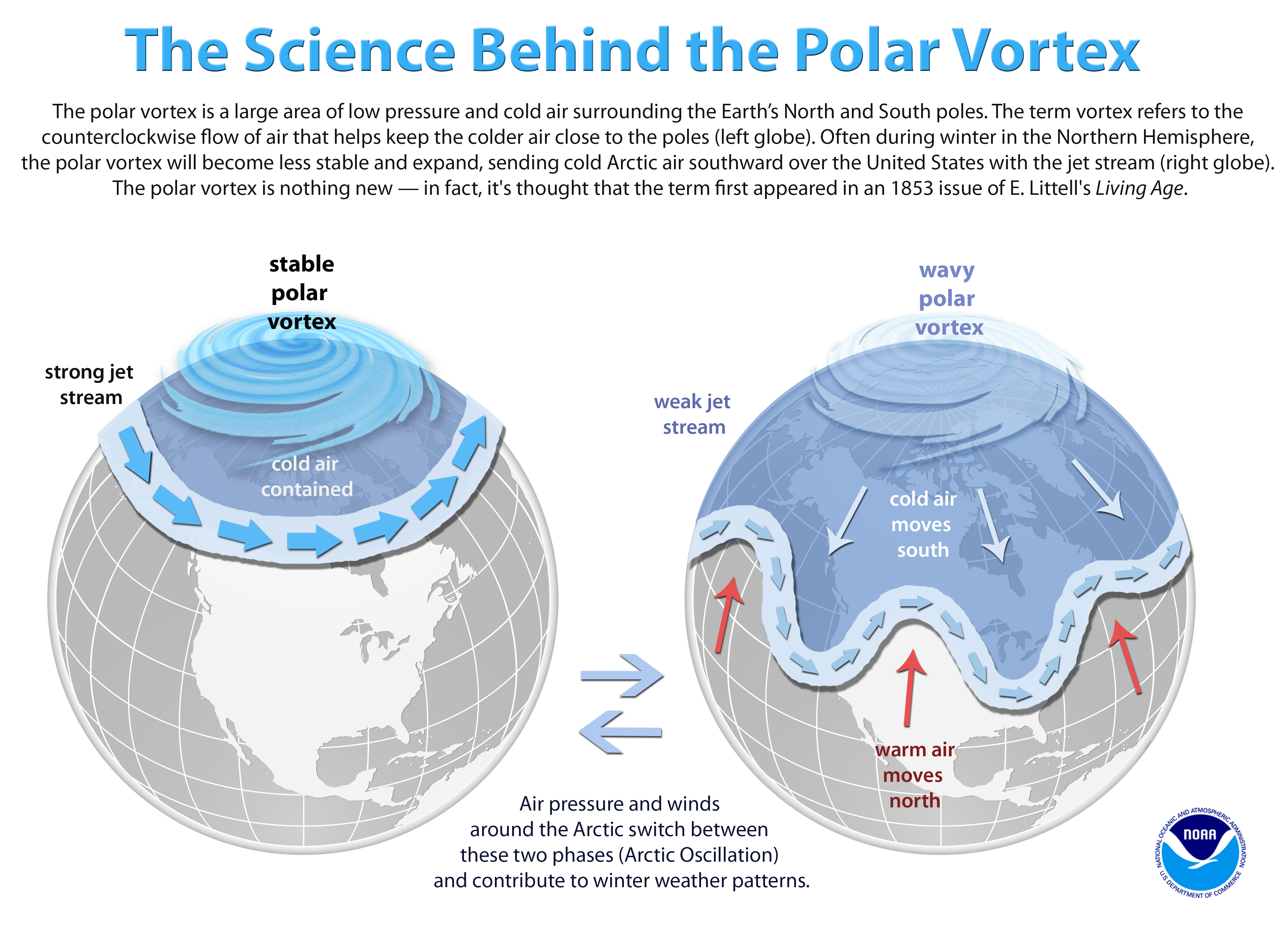View this page in our printable booklet (PDF) here:
https://www.heartland.org/_template-assets/documents/Books/CaaG-2022.pdf
Key Takeaways:
- Objective data show global warming has not caused an increase in the frequency or severity of cold weather events.
- The United Nations Intergovernmental Panel on Climate Change (IPCC) reported in 2018 it is “very likely” that there have been fewer cold days and nights in recent decades.
- The U.N. IPCC reports it is “virtually certain” that there will continue to be decreases in cold temperature extremes.
Short Summary:
Global warming activists frequently respond to polar vortex events and other extreme cold weather events by claiming climate change is to blame.1 Not only does blaming cold weather outbreaks on global warming defy common sense, it also defies well-established scientific evidence and the findings of the U.N. Intergovernmental Panel on Climate Change (IPCC).
The IPCC’s 2018 SREX report says it is “very likely” there have been fewer very cold days and nights in recent decades, and the report’s authors further claim it is “virtually certain” that there will be “deceases in cold extremes” due to global warming.2
Extreme cold spells have always occurred and likely always will. Blaming a “polar vortex” or other extreme cold events on global warming defies common sense, scientific observations, and the findings of the IPCC.
References:
- Justin Rowlatt, “Polar Vortex: What Role Does Climate Change Play?,” BBC News,
January 31, 2019, https://www.bbc.com/news/world-us-canada-47078054 - Sonia Seneviratne and Neville Nicholls, coordinating lead authors, et al., “Changes
in Climate Extremes and their Impacts on the Natural Physical Environment,”
Chapter 3, Managing the Risks of Extreme Events and Disasters to Advance
Climate Change Adaptation (SREX). A Special Report of Working Groups I and II
of the Intergovernmental Panel on Climate Change (Cambridge, U.K.: Cambridge
University Press, 2012), accessed August 14, 2021, https://www.ipcc.ch/site/assets/
uploads/2018/03/SREX-Chap3_FINAL-1.pdf - Top illustration, Source: National Oceanic and Atmospheric Administration. “The Science Behind the Polar Vortex: You Might Want to Put on a Sweater.” Last modified January 29, 2019, accessed May 22, 2025. https://www.noaa.gov/multimedia/infographic/science-behind-polar-vortex-you-might-want-to-put-on-sweater
Climate At A Glance is a Project of The Heartland Institute
Email: think@heartland.org


